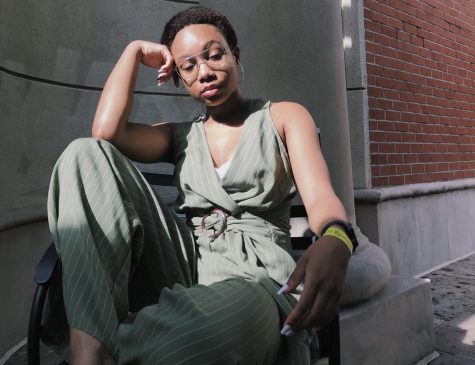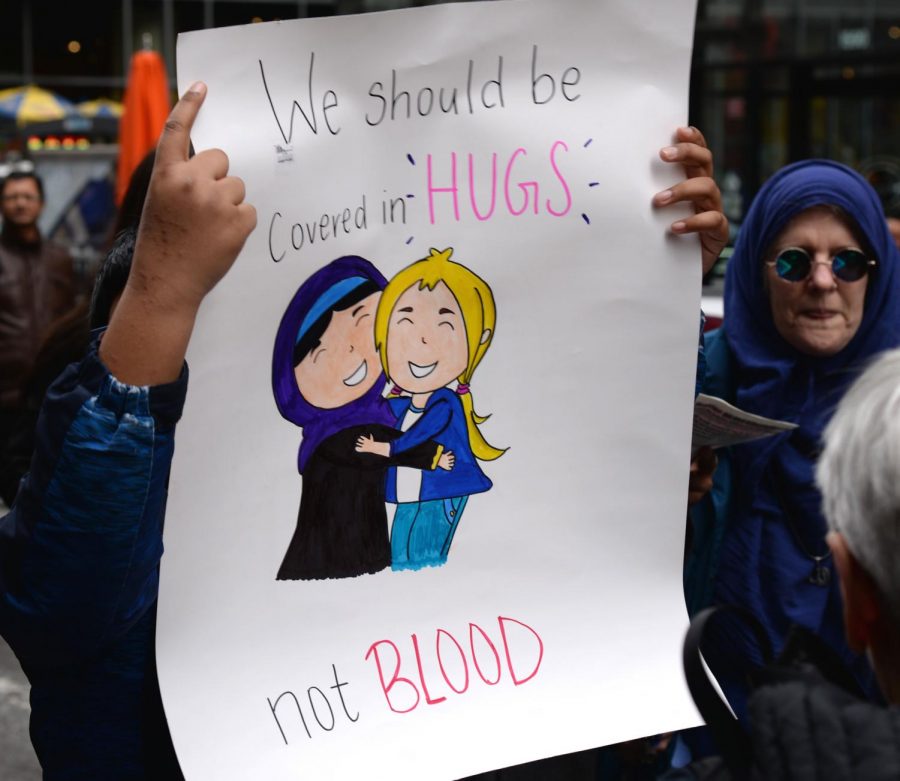France: The Apprehension of the Accused
French Muslims are facing immense pressure from terrorism accusations. How did we get here, and how is the French President making it worse?
Protests against Islamophobia are nothing new. The question now is, when will it no longer be necessary, if ever?
ÉRAGNY—he took his head.
It was an outcome that Samuel Paty, a middle-school teacher of history, civics, and geography couldn’t have expected.
He claimed to show the images every year.
The images, a caricature of the prophet Muhammad from the satirical magazine Charlie Hebdo, were presented to teenage students during a course on freedom of expression.
Muslim students were allowed to leave the classroom, seeing as any depiction of the prophet Muhammad is unacceptable. Accounts differ on what exactly was shown in the two images—one of which portrayed Muhammad nude, including his exposed genitals—but again, any depiction is blasphemous.
Throughout the backlash, Paty insisted that Muslim students were allowed to leave. Insisted that this was an annual discussion.
And yet on October 16th at approximately 5:00pm, as Paty was leaving the school, Abdoullakh Abouyedovich Anzorov took it upon himself to kill and behead him.
Paty’s murder is one of the last straws among several killings in recent weeks, pulling millions of French Muslims undeservingly into one category: terrorists.
A spotlight has been placed on France as countries debate over how the French government, and President Emmanuel Macron, are handling the urgent situation.
Following the first killings, Macron gave a controversial speech where he promised to crack down on Islamic separatism and restructure Islam in France.
Further, he stated that Islam is a religion in crisis all over the world and said his goal was to create an Islam of the Enlightenment, which of course hasn’t sat well with the Muslim world.
Since then, the government has been targeting Islamic organizations and places of worship under the guise of fighting radicalism.
Paty’s murder only thickened the tension, as Macron declared that France “would not give up our cartoons” and the images began being projected onto buildings, prompting a call from outraged Muslims to boycott French products.
To make things worse, the French government responded in their own way to the beheading, breaking into the homes of prominent Muslim figures, deporting hundreds, and investigating over 50 Islamic associations, some of which were dissolved.
As the outrage on both sides increases, the exponential growth of Islamophobia is becoming increasingly concerning.
October 18th: two Muslim women were stabbed near the Eiffel Tower in Paris.
October 20th: a women suffering with domestic violence from her husband reported him to the police as a radical Islamist, despite his Catholic faith.
October 22nd: a Jordanian man and his sister were assaulted in the city of Angers for speaking Arabic.
It doesn’t stop there—students and mosques fell victim to harassment as well, the most outrageous of these acts being four elementary school children who were subjected to 11 hours of interrogation over false allegations of justifying terrorism.
French politicians are only exacerbating the issue, offering their own solutions to Islamic separatism. Elisabeth Levy, a French feminist journalist, went as far as to say Muslims wearing headscarves should remove them for a few days to honor the memory of Paty.
As the situation continues, France has been accused of a broader agenda than just targeting extremist violence.
The termination of Islam.
The government has consistently denied accusations of Islamophobia—rather exasperatedly, too—and sees it as nothing more than a smear campaign.
“This is about fighting Islamist separatism, and, frankly, it’s absurd that the message has not been transmitted, especially after four people have been killed in less than a month,” an anonymous diplomatic advisor to Macron said to James McAuley, a writer on the Washington Post.
Indeed, there is an issue with extremism that needs to be addressed here, but what of the millions of Muslims who don’t fit in that category?
There appears to be a blatant misunderstanding of the Muslim faith and a refusal to learn correctly, which is concerning, as it’s the second-largest religious group in France. Not only the religion, but an entire 6 million-strong population of people in France are being stuffed into a box that they don’t belong.
McAuley spoke to Rim-Sarah Alouane, a French legal scholar and expert in religious freedom, who stated, “What is concerning is the lack of nuance from the government that results once again in Muslims feeling as if they are guilty until proven innocent.”

Zenobia is a senior in her 3rd year of Newspaper. She's the Online Editor and Copy Editor. She plans on carrying her love of writing over to Howard University,...




